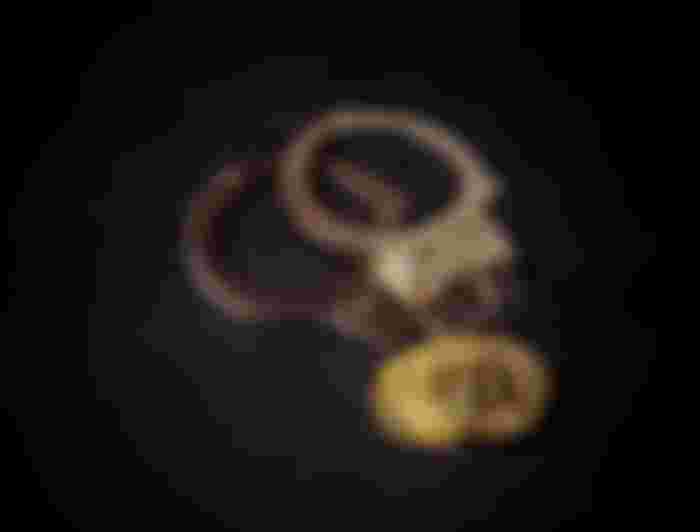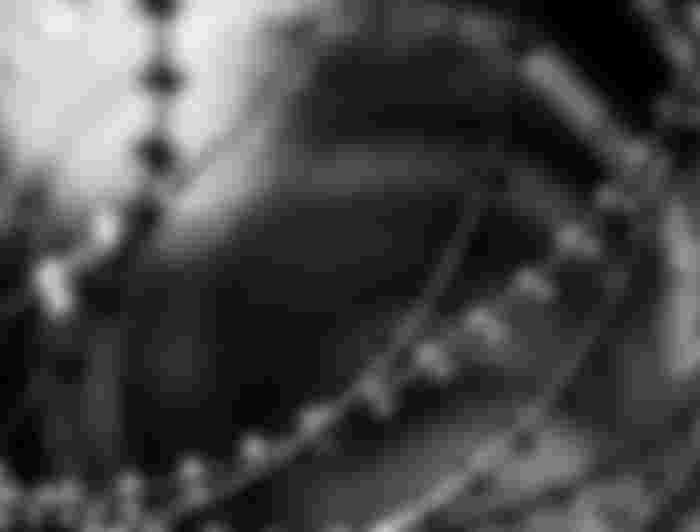The circumstances under which the acts has been committed must be onown in order to determine the morality of an action. This is the universal concensus of mankind and our courts of justice are instituted for this purpose to inquire into the circumstances in order to determine exactly, for instance, the gravity of and the punishment for a given offense.
An act good in itself and done with a good intention may still become bad because it may have been done in the wrong or improper circumstances, for instance in the wrong time or in a wrong place or in a wrong way.

Circumstances may likewise increase or decrease the gravity of an offense or they may justify an act, or even exempt the agent from criminal responsibility, liability or punishment. So we have the following types of Circumstances.
1. Aggravating circumstances are those which add to the seriousness of the offense.
2. Metigating or extenuating circumstances are those that lessen or palliate the gravity of a crime.
3. Justifying circumstances are those that make the doing of an act right, so that there is no crime committed nor is there any criminal or civil liability.
4. Exempting circumstances are those that exempt an agent from responsibility and punishment.


The difference between mitigating and justifying circumstance is that first only lessens but does not remove the crime, while the second entirely removes responsibility and punishment because the act done is then right or justified. In the presence of a mitigating circumstances, there is still a crime. In the presence of a justifying circumstance there is no crime nor criminal.
The difference between justifying and exempting circumstance is that in the presence of a justifying circumstance there is no crime nor criminal, while in the presence of an exempting circumstance there is still a crime materially although there is no criminal because then the agent is exempted freed from responsibility and punishment.
In the case of murder the following can be the aggravating circumstances conspiracy,profession of murderer, taking advantage of one's position in the government, used of armored cars, torturing.
The following can be metigating circumstances: provocation, lack of full consent or knowledge, no intention to kill. In the case of murder there can be no justifying circumstance however, there can be a justifying circumstance in the case of killing an aggression in self defense.
The following can be the exempting circumstance: age below 9years, insanity , violence, above 9 but below 15 who acted without discernment.
Like my cousins situation he killed his best friend at age of 14 the police caught him and imprisoned him for 5 years in the custody of private agency. But the case is he cannot be in jail at the age of 14 years old. But when he turn to 18 years old he will be imprisoned for 30 years.

Situation Ethics:
Situation Ethics favors and advocates instead a relativistic ,non absolutistic system of morals. There are two types of this theory one denies altogether the existence or reality of a universal moral order on which the invariable laws of morality are based, the second less radical than the first does not deny the existence of said moral order and moral principles but demishes the role these play in the solution of moral problems.

Situation Ethics the moral quality of an action all depends on the circumstances, the situation in the moral problem that confronts the agent, and since the situation varies from agent, from case to case then the morality of an action likewise varies. To the situation moralist there are no acts that are in themeselved always good or always bad. To him the laws of morality are made by man, not imposed on man by a higher authority as contented bt the scholastic moralist. Thats Circumstances happen!






